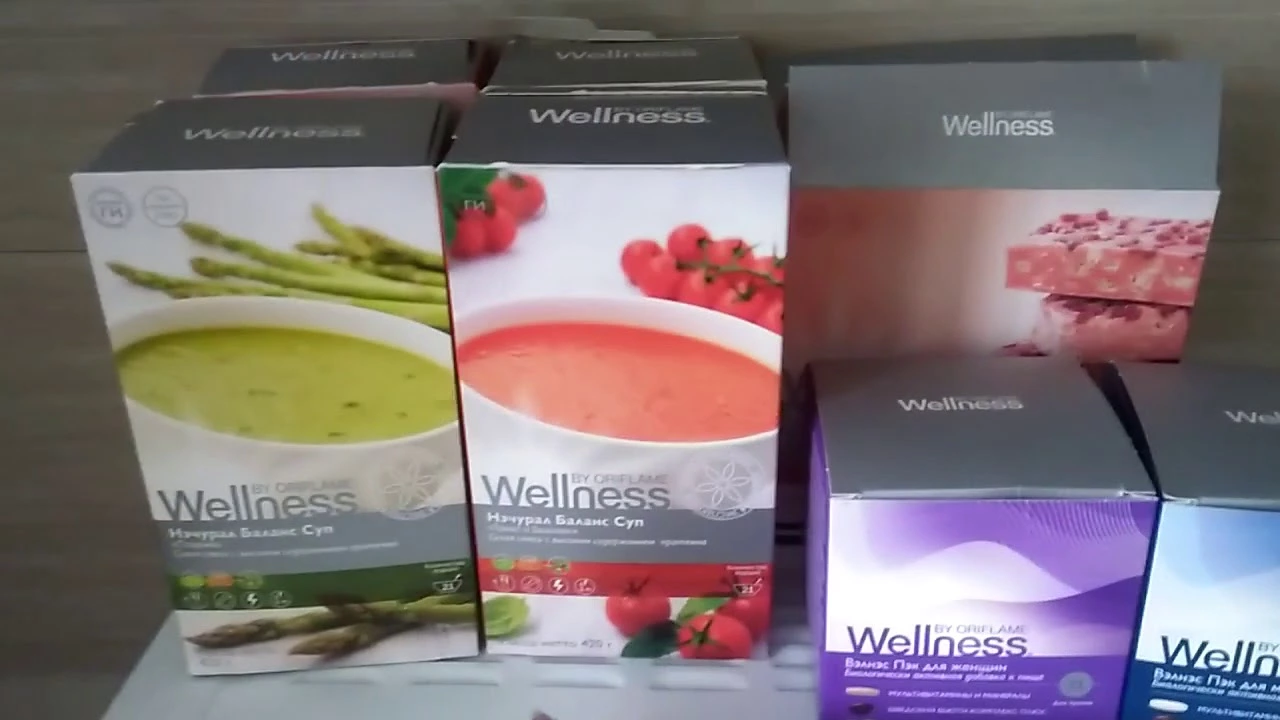German Ipecac — what you need to know
Ipecac syrup (often called "ipecac") used to be a common home remedy to make people vomit after swallowing poisons. That changed decades ago. Today most poison control centers and doctors say don't use ipecac at home. It can do more harm than good in many cases.
What is ipecac and why it fell out of favor
Ipecac is made from the root of the ipecacuanha plant. In small doses it causes nausea and vomiting. For years parents and doctors kept a bottle at home for emergencies. But research showed that forcing vomiting rarely improves outcomes and can cause choking, burns, or delayed proper care. Medical groups stopped recommending routine use and many countries stopped selling it over the counter.
Finding ipecac in Germany and online — practical advice
If you are searching for "German ipecac" you should know it may be hard to buy. Many pharmacies no longer stock it. Online listings can be old stock, unregulated products, or counterfeits. Don’t rely on an online buy to handle an emergency. If a seller claims it is a cure-all or offers strange forms, treat that as a red flag.
Instead of trying to buy ipecac, keep these steps in mind: number one, call your local poison control center or emergency number immediately. Tell them what was swallowed, how much, and the person’s age and weight. Follow their instructions. If advised to go to the emergency room, bring the container or a photo of the product. Do not try to make someone vomit unless a trained professional tells you to.
Activated charcoal is sometimes used in hospitals to reduce absorption of certain poisons, but it must be given by medical staff and is not safe for all ingestions. Syrup of ipecac is not a substitute for professional care. If you have old ipecac in your medicine cabinet, don’t use it—ask a pharmacist whether to dispose of it safely.
For parents: teach kids to avoid unknown pills and household chemicals, store medicines up and locked, and keep the poison control number where you can find it fast. In Germany the universal emergency number is 112; poison centers and local health services can guide you to the right help.
Also, if you're writing about or researching 'German ipecac' for an article or study, include reliable sources: check national health agency sites, peer-reviewed toxicology reviews, and your local poison center for up-to-date guidance. Avoid forums or product reviews as primary sources. For storage and disposal follow pharmacy advice—do not flush medicines or throw them in household trash where children or pets might find them. Many communities offer medicine take-back days or pharmacy drop-off boxes. Record exposures and bring that info to clinicians.
If your interest is historical, or you need a product for a non-emergency reason, contact a licensed pharmacist or a toxicologist for clear guidance. They can explain current rules in your country and safer alternatives. When it comes to poisoning, fast, professional advice beats any home remedy.

